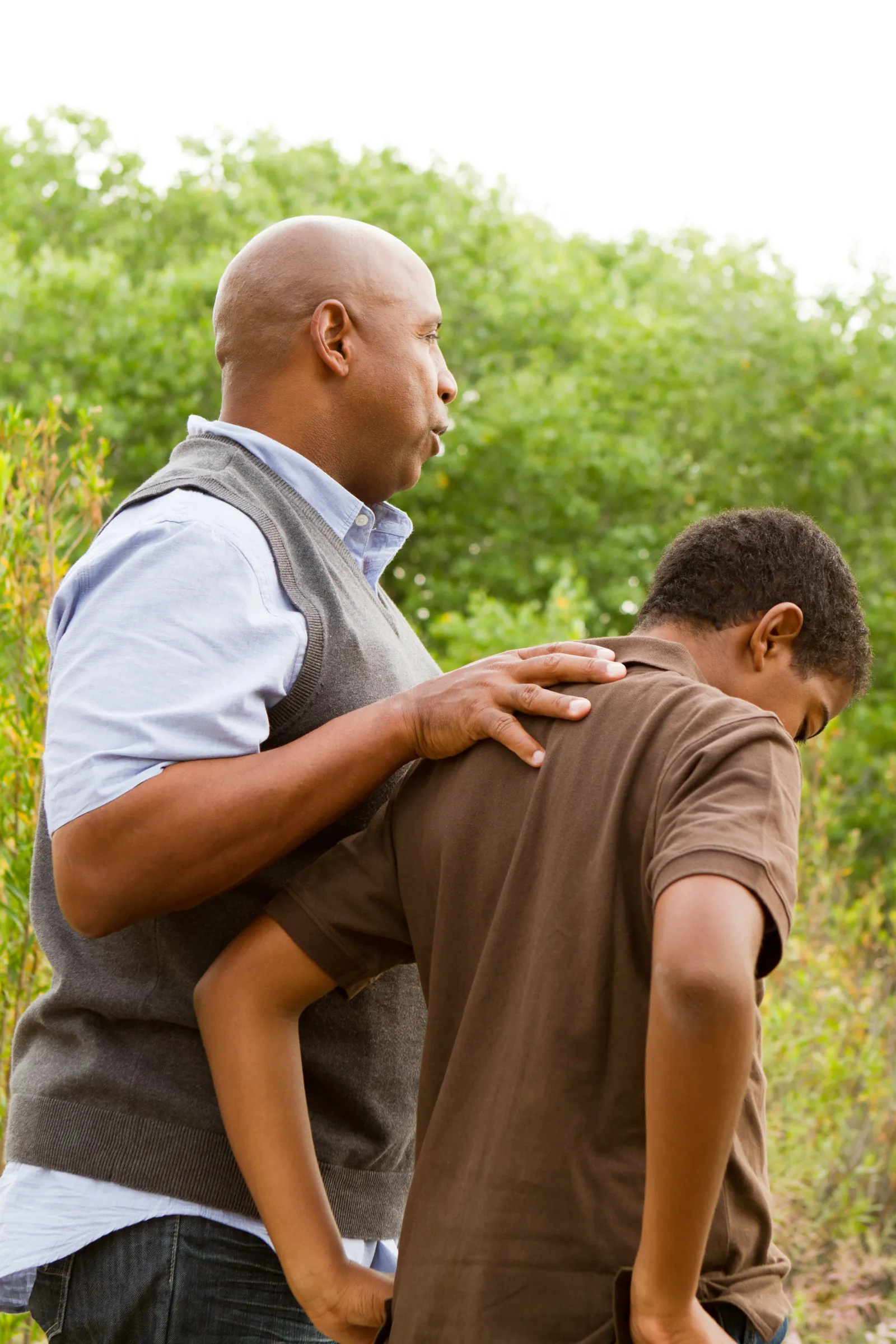

Understanding Bipolar Disorder
Bipolar disorder affects emotions, behavior, and connection.

Bipolar disorder goes beyond the occasional mood swing - it’s a serious mental health condition that can disrupt relationships, responsibilities, and emotional well-being. At Lifegrowth, we understand how overwhelming these cycles of highs and lows can feel for both individuals and families. That’s why we start with a deep, thoughtful evaluation to understand what’s driving the mood instability. With decades of experience, we provide personalized treatment plans that bring structure, support, and hope—whether for a child navigating school, a teen struggling with identity, or an adult seeking stability.
“What are the signs of bipolar disorder in children and teens? What are the best treatments for bipolar disorder?”
“What are the signs of bipolar disorder in children and teens? What are the best treatments for bipolar disorder?”
Bipolar Disorder Causes Extreme Mood Shifts
Bipolar disorder is more than just moodiness—it involves unpredictable swings between emotional highs and lows that can feel uncontrollable. Some individuals experience periods of high energy and risk-taking behavior, followed by episodes of deep depression and fatigue. Others feel stuck in a cycle of instability, struggling to manage their emotions and feeling unsure of what triggers their mood shifts.
Bipolar Disorder Can Impact Daily Life and Relationships
For children and adolescents, bipolar symptoms can make school and friendships difficult, leading to behavioral challenges and social struggles. For adults, bipolar disorder may interfere with work responsibilities, personal relationships, and daily stability. The unpredictability of mood changes often leaves individuals feeling powerless, affecting their ability to function in their everyday lives.
Bipolar Disorder Can Be Misdiagnosed
Many symptoms of bipolar disorder resemble those of trauma-related conditions, anxiety, or even biological imbalances. That’s why a thorough evaluation is essential—at Lifegrowth, we start by ruling out trauma, nutritional deficiencies, and other health concerns that may contribute to mood instability. Understanding the root cause is key to ensuring an accurate diagnosis and an effective treatment plan.

How Does Lifegrowth Help?
At Lifegrowth, we provide comprehensive assessments to determine the most appropriate path forward. Our evaluations consider emotional history, biological factors, and relationship patterns to ensure that treatment addresses the underlying causes, not just the symptoms.
Psychotherapy plays a critical role in helping children and adults understand and manage mood fluctuations. For children, we integrate family therapy to support both the child and their loved ones in navigating behavioral challenges. For adults, we focus on tools for emotional regulation, relationship stability, and daily functioning.
With over 30 years of experience, Lifegrowth is committed to helping you regain control over your life with evidence-based strategies tailored to your unique experiences. Bipolar disorder can feel overwhelming, but with the right treatment, stability and well-being are within reach.

Frequently Asked Questions
Our Trained Counselors
At Lifegrowth, our counselors are highly trained professionals with expertise in treating Bipolar Disorder across all age groups. They use evidence-based approaches and mindfulness techniques to help clients understand and manage their Bipolar Disorder effectively. With ongoing training and a commitment to personalized care, our team provides tailored strategies to address each client’s unique needs, fostering resilience and confidence.
Resources for Bipolar Disorder


I remember the first night my daughter stomped into the house, backpack still slung over her shoulder, declaring she’d rather do anything but homework. As a psychologist and brain coach, I knew this drama wasn’t just about math problems or spelling words—it was a clash of needs, expectations, and brain wiring. If you’re a parent or grandparent feeling stuck ... READ MORE


Drew Morrison and Dr. Carmen Morrison are mother and son and therapists at Lifegrowth Psychological Services. Together, they speak on topics combining wisdom from their professional practices and real-life. Today’s discussion is a must-read for working moms and dads navigating the often-turbulent teen years. Whether you feel at loggerheads with your teen or simply wish to build a more secure ... READ MORE


